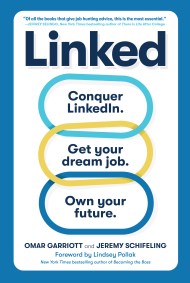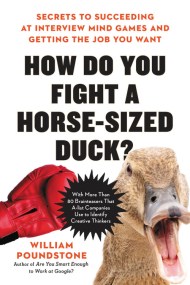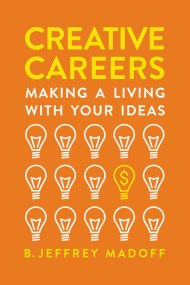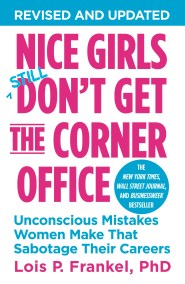The Perfect Pitch
How to Sell Yourself for Todays Job Market
Contributors
Formats and Prices
Price
$9.99Price
$12.99 CADFormat
Format:
ebook (Digital original) $9.99 $12.99 CADThis item is a preorder. Your payment method will be charged immediately, and the product is expected to ship on or around September 26, 2009. This date is subject to change due to shipping delays beyond our control.
Also available from:
International marketing expert David Andrusia shares his essential tips and tricks for pitching yourself in today’s hyper-competitive job market.
- On Sale
- Sep 26, 2009
- Page Count
- 272 pages
- Publisher
- Grand Central Publishing
- ISBN-13
- 9780446566940
Newsletter Signup
By clicking ‘Sign Up,’ I acknowledge that I have read and agree to Hachette Book Group’s Privacy Policy and Terms of Use







